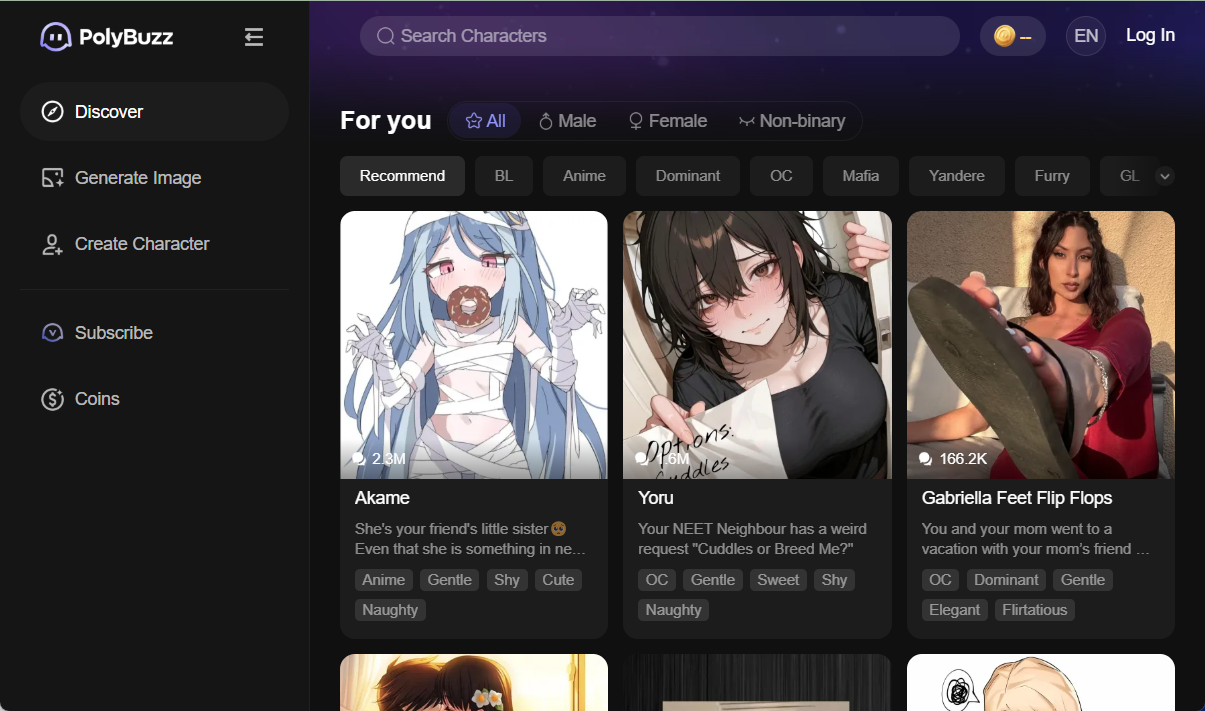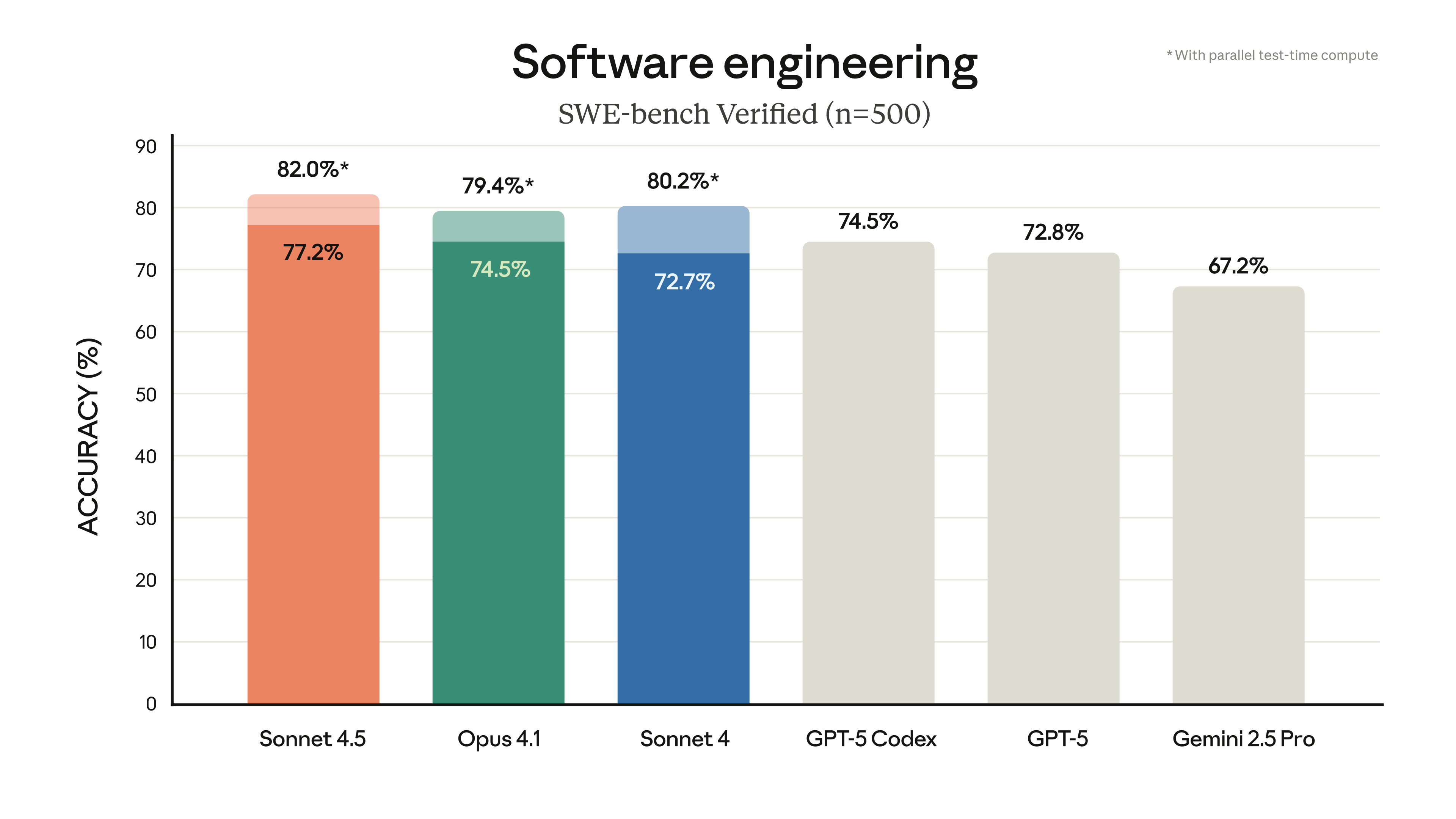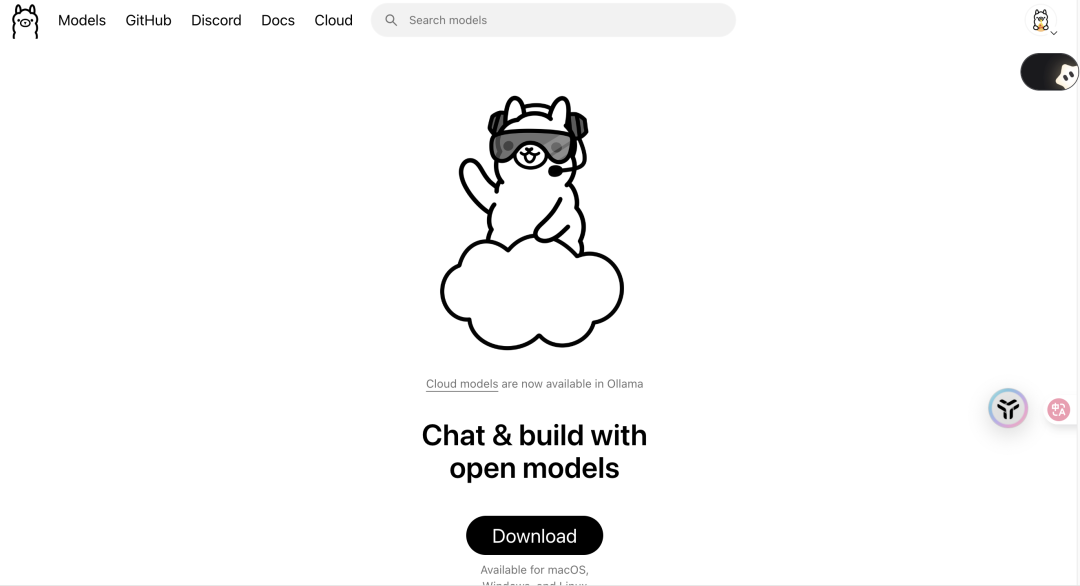The platform is fully open-sourced through GitHub (with direct access to the repository at the bottom of the page), providing developers with flexible expansion space:
- infrastructure: The README document contains a complete deployment guide for your local environment.
- rule change: Adjustment of game parameters (e.g., character ratios, turn settings) or addition of new character types is possible
- Model Access: Support the integration of new LLMs to participate in matchmaking, subject to established API interface specifications
- Interface customization: Front-end pages are modularized for easy functionality expansion
Development proposals:
- Work on basic game logic first (core modules such as game state machines, character behavior trees, etc.)
- The community welcomes Pull Requests, and new features should be accompanied by test cases.
- Advanced developers may try to modify the evaluation system to create something more appropriate for a specific research direction
The project uses the MIT open source protocol, which developers are free to use for research and commercial projects, provided that the original attribution is retained. The team also provides issue tracking templates and contributor guidelines to facilitate community collaboration.
This answer comes from the articleWatch multiple large models compete in a game of Werewolf Reasoning to test who has the best reasoning skills!The






























